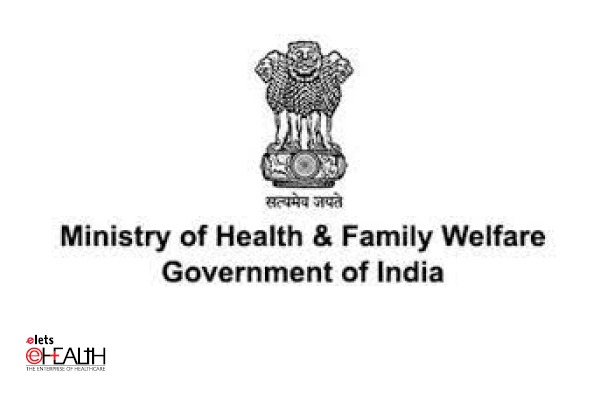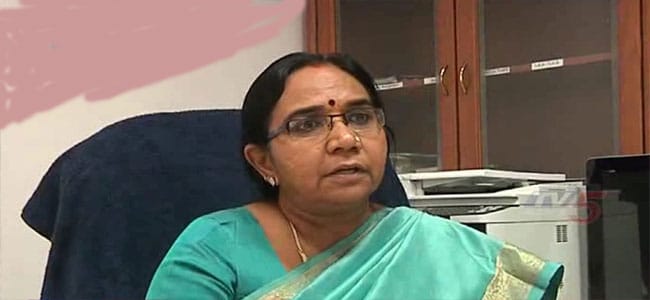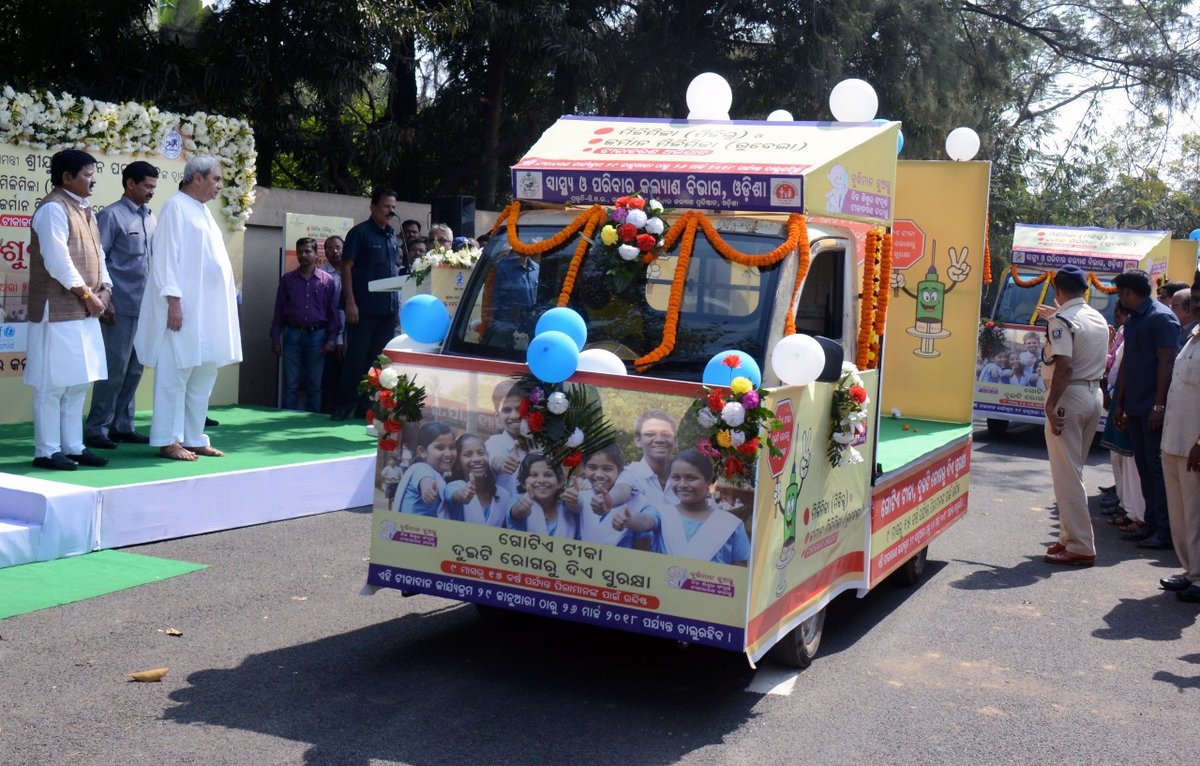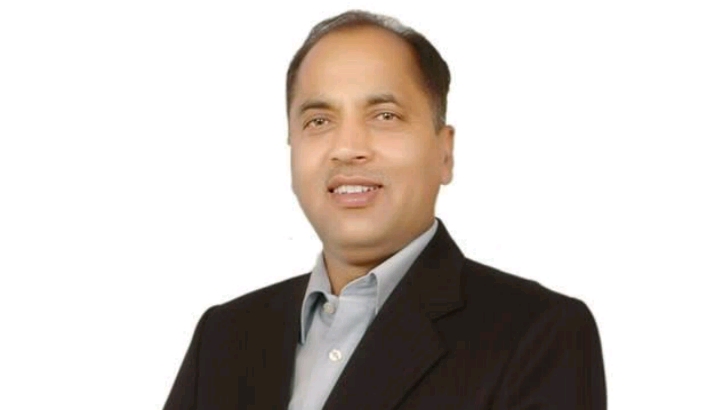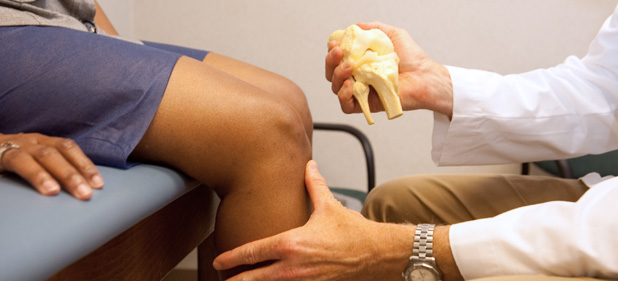Old-age support that gives couples with no sons a minimal living allowance of 600 yuan each per year and medical security to poor farmers has been integrated in China’s Law on Population and Family Planning. China’s National Population and Family Planning Commission recognised the fact that their people have a preference for sons because sons are a form of old-age social security.Therefore the government is providing poor farmers an amount equal to a son’sincome to ensure they have financial support in their old age. These steps, along with the ‘Care for Girls’ initiative that was launched in 2006, is expected to slow down China’s rapidly rising sex ratio at birth, which was as high as 120 boys for every girl born in 2005.In the rural provinces, it had crossed 130. The pilot ‘Care for Girls’ project has reportedly launched between 2003 and 2006 in 24 worst-affected districts resulted in sex ratios at birth declining from 137 boys per 100 girls born to 124 per 100 girls. Contraceptive use is high in China, with 83 per cent of the population having access to intra-uterine devices, oral contraceptive pills and condoms. Only 30 per cent women used sterilisation as a form of contraception, compared to India’s 37 per cent. The Chinese delegation also said that the “one-child norm” policy has been misunderstood by the rest of the world. Also the total fertility rate (average number of children a woman has in her lifetime)in China is 1.8, which means that many women have more than one child. Only women in cities have one child, those in the countryside and in minority provinces such asTibet have more than one, some even three and four.

Be a part of Elets Collaborative Initiatives. Join Us for Upcoming Events and explore business opportunities. Like us on Facebook , connect with us on LinkedIn and follow us on Twitter , Instagram.


